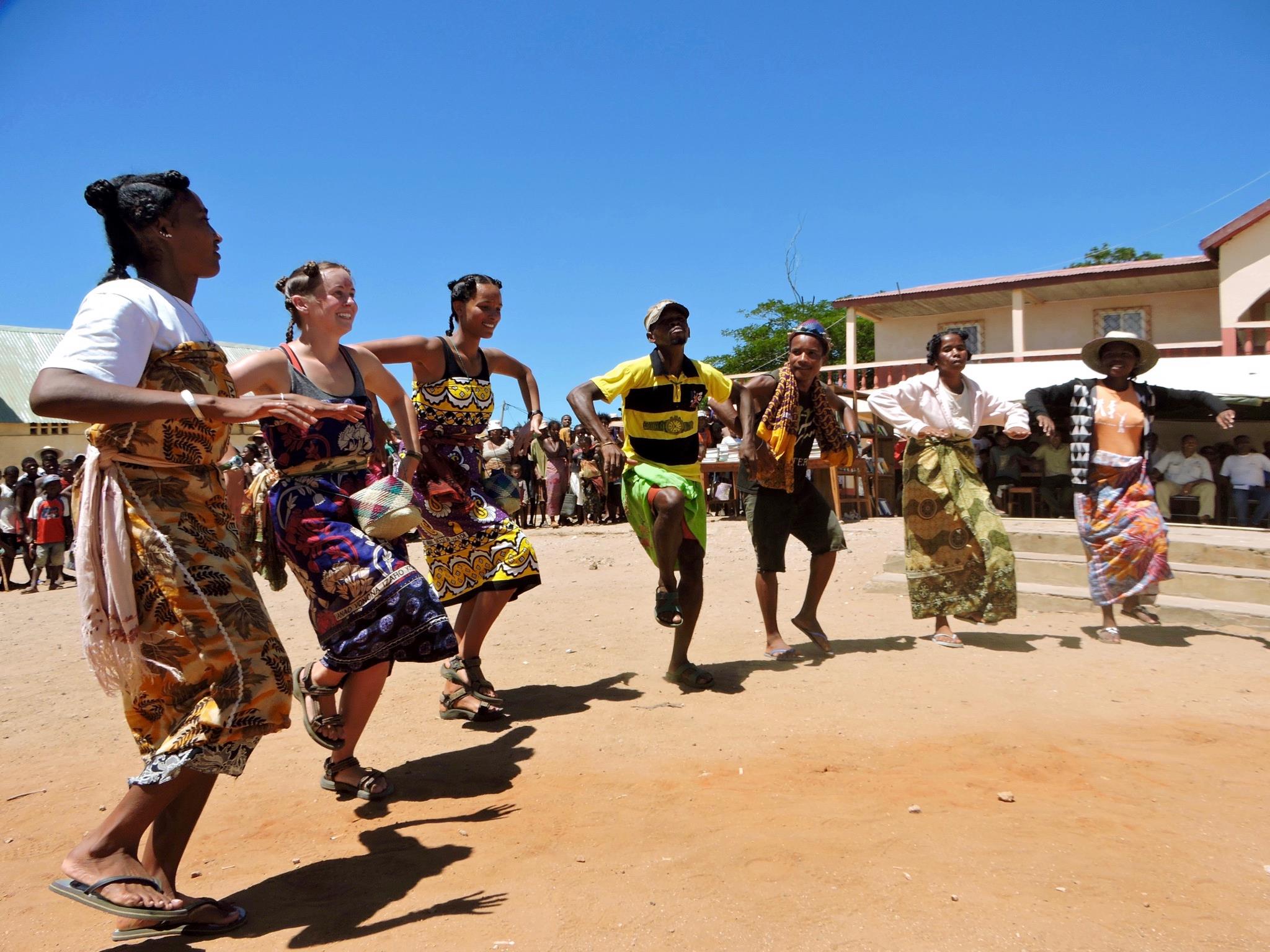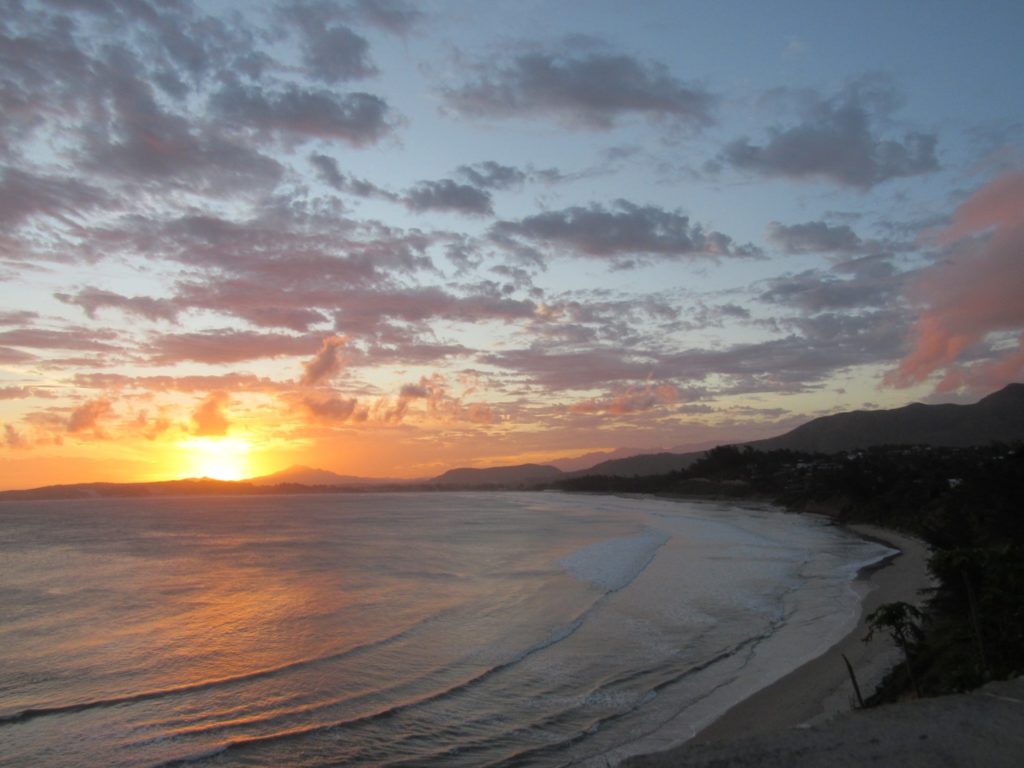
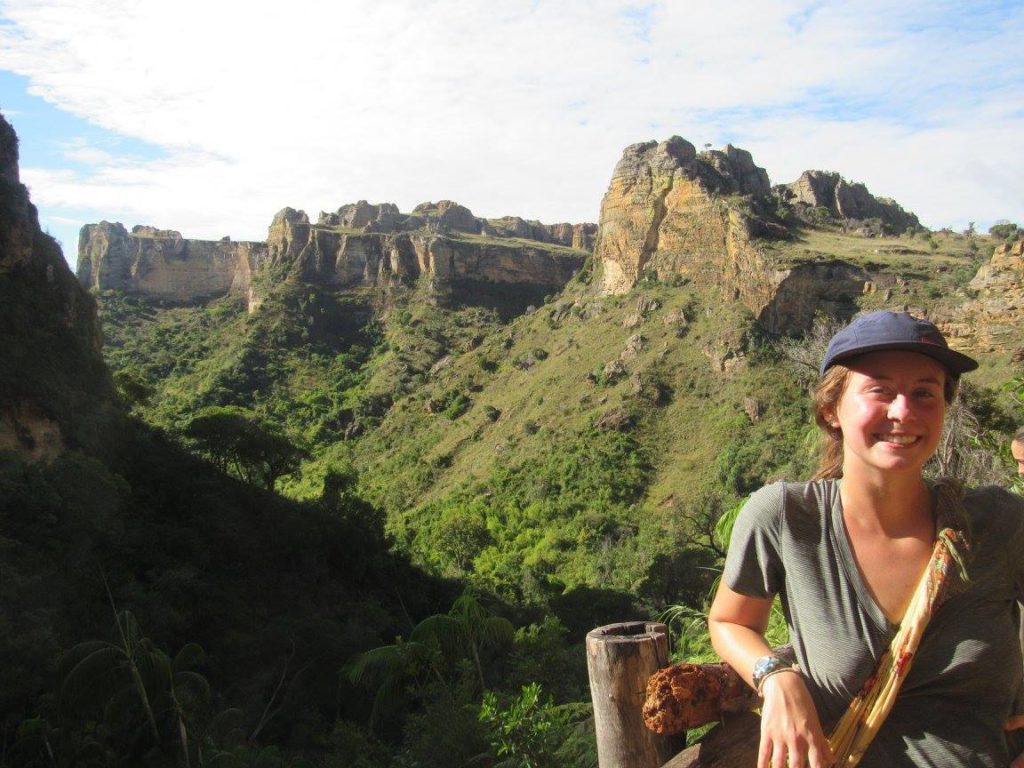
International travel is popular among Warner College students, with about 150 going abroad every year to study, do volunteer projects and even learn from college faculty at CSU’s Todos Santos Center in Baja Sur, Mexico. Students interested in wildlife can visit the Todos Santos Center for a full semester of required coursework or for a winter-break trip, and global tourism undergraduates are required to spend a semester abroad.
Others, like senior fish wildlife and conservation biology major Molly Warner, found her way abroad for a semester through a partnership with the School for International Training, an external program offering students study abroad opportunities around the world, while advancing her degree in conservation biology.
Warner spent a semester in Madagascar, studying and exploring the island nation and focusing on its unique complement of wildlife. The first phase of the semester involved typical coursework, including excursions around the country.
“We got to live in and really get to know the area, the city. And after that, we started traveling around and having different excursions,” Warner said.
She snorkeled coral reefs in fishing villages and did a class project on native medicinal plants. After this introduction to the island, Warner spent her last month focused on planning and conducting an independent study in northern Madagascar studying blue-eyed black lemurs and their habits.
She got to track and mark down the habits of these lemurs, identifying trends in the lemur’s tree selection and their behaviors at each.
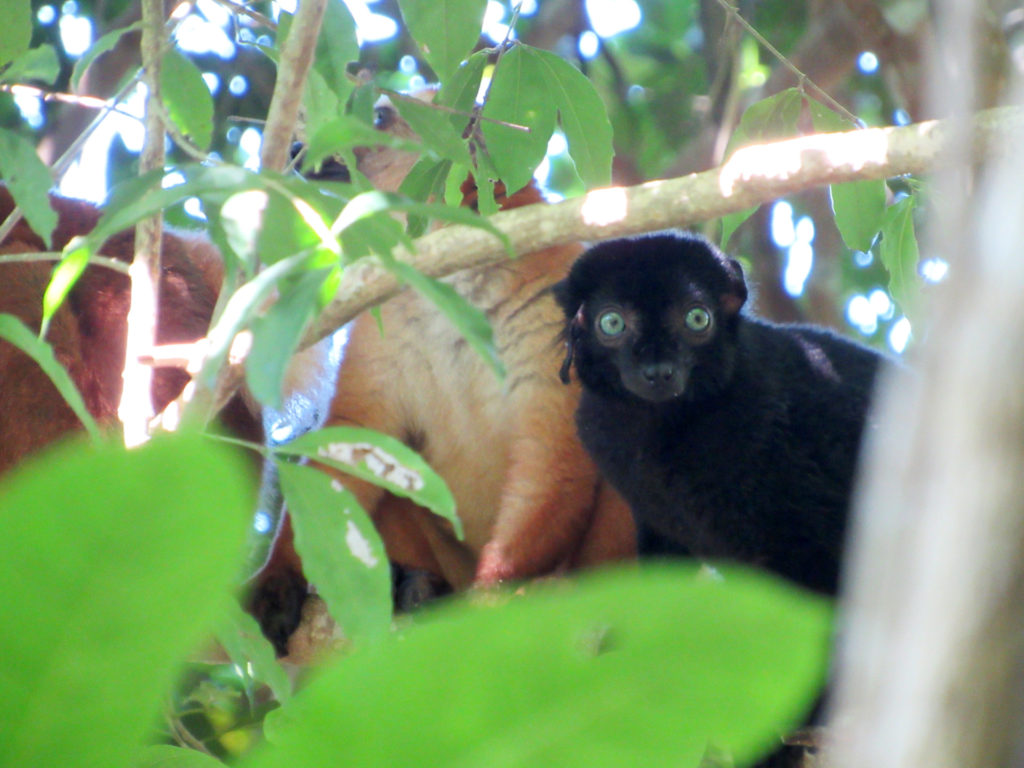
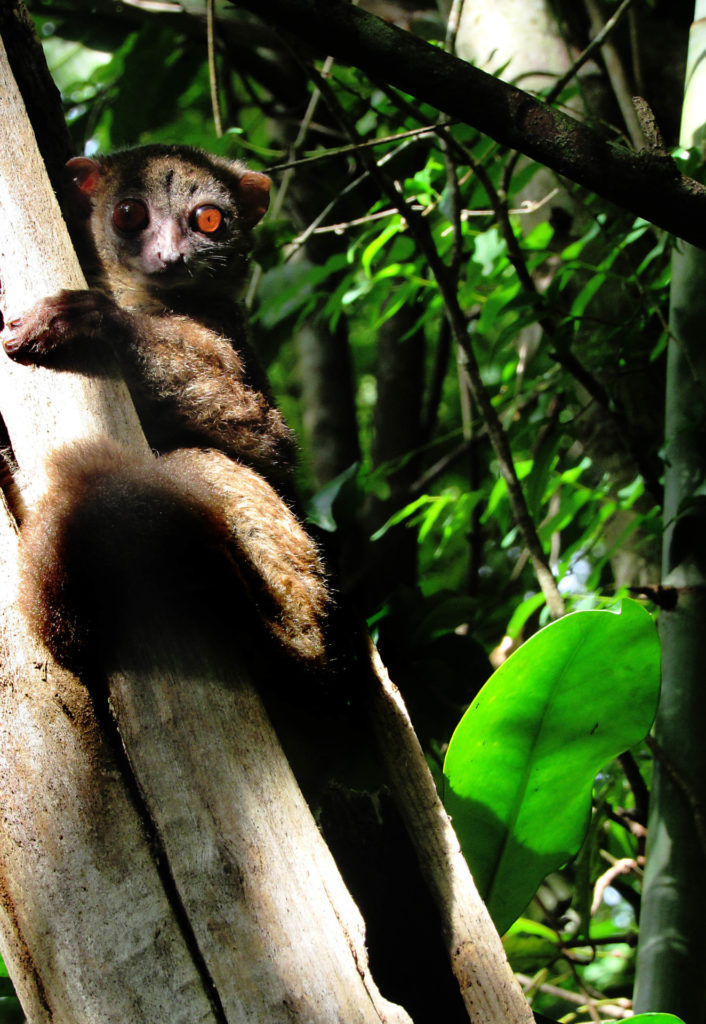
Warner said there were a lot of thought-provoking moments as well. Blue-eyed black lemurs are endangered but still a target for poachers. She came to understand that often they are targeted as a food source, which gave her a new perspective. The experience helped her realize that even though conservation and endangered species are big issues, not everyone has the ability to treat conservation the same way she might.
“But I think it’s important to remember they’re also trying to live as well, they don’t really care about this title (endangered).”
Overall, Warner enjoyed the rare opportunity she was afforded in the program. “Very few people ever go to Madagascar, let alone get to this one tiny isolated population in the northern part of it,” she said. “Then go hang out with lemurs.”
Warner plans to continue her work in conservation and research, and is applying for a grant to do a research project in Indonesia, though she noted it was very competitive. After finishing her undergraduate degree, she is considering graduate school, as long as she can keep working outside.
